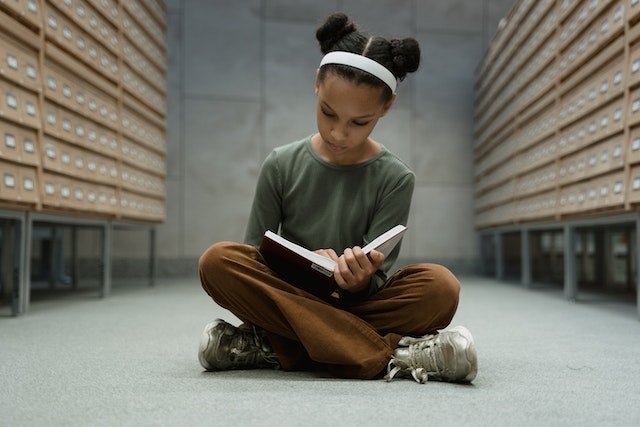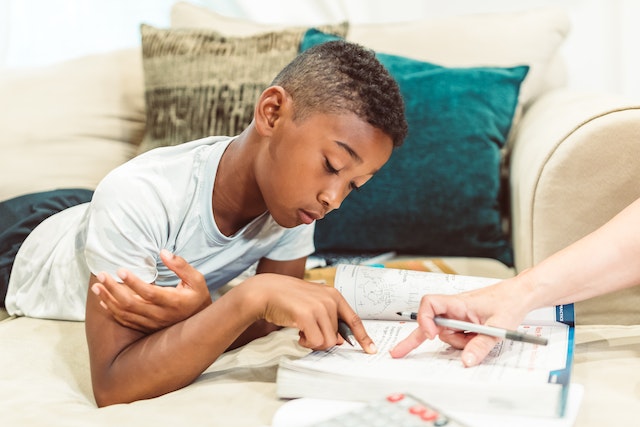The post-COVID-19 pandemic fallout on education continues to take significant root as new test scores show that thirteen-year-old students have the lowest math and reading scores in decades.

Peggy G. Carr, Commissioner of the National Center for Education Statistics, a branch of the federal Education Department, suggests that even though it has been more than two years since the pandemic, that there are still “worrisome signs about student achievement.
She continues saying in a statement that, The ‘green shoots’ of academic recovery that we had hoped to see have not materialized.”

The nation’s report card released the results of a sample size of 8,700 students in each subject. The scores in both math and reading fell by the largest margins ever recorded. Average math scores fell by 9 points between 2020 and 2023 while reading scores fell by 4 points.
Albeit earlier testing, right after the pandemic, pointed to the enormous magnitude of learning loss, these recent scores demonstrate that academic setbacks are still very prevalent and a the hope for a a swift recovery for students is dimming.
Education Secretary Miguel Cardona commented on the results saying, “… the pandemic would have a devastating impact on students’ learning across the country and that it would take years of effort and investment to reverse the damage as well as address the 11-year decline that preceded it.”

Students on all levels of academic success saw decreases in their performance; however, students who are considered low-performing had the greatest slides in results as they saw decreases of 12 to 14 points. Additionally, there were differences by race and ethnicity.
Read Related Also: ‘Poolside Karen’ Recorded During Racist Rant
The steepest drops were among the Native American student population with a 20 point difference. Next, Black students saw a difference of 13 points. White students saw a 6 point decline, while Asian students stayed the same.
The president and CEO of the Education Trust, a nonprofit advocacy group, Denise Forte, said that the scores reflect the disproportionate impact of the pandemic’s disruptions on Black and Latino students, in addition to those who came from low-income families.
“Students want to succeed, attend college, start a rewarding career and reach their full academic potential,” Forte said. “But they can’t if they continue to lose precious ground.”
So, what is the solution?
Well, Carr suggests that everyone on this academic journey, not just students, “… keep at it. It is a long road ahead of us.”
If you would like to read the report in its entirety, click here.








